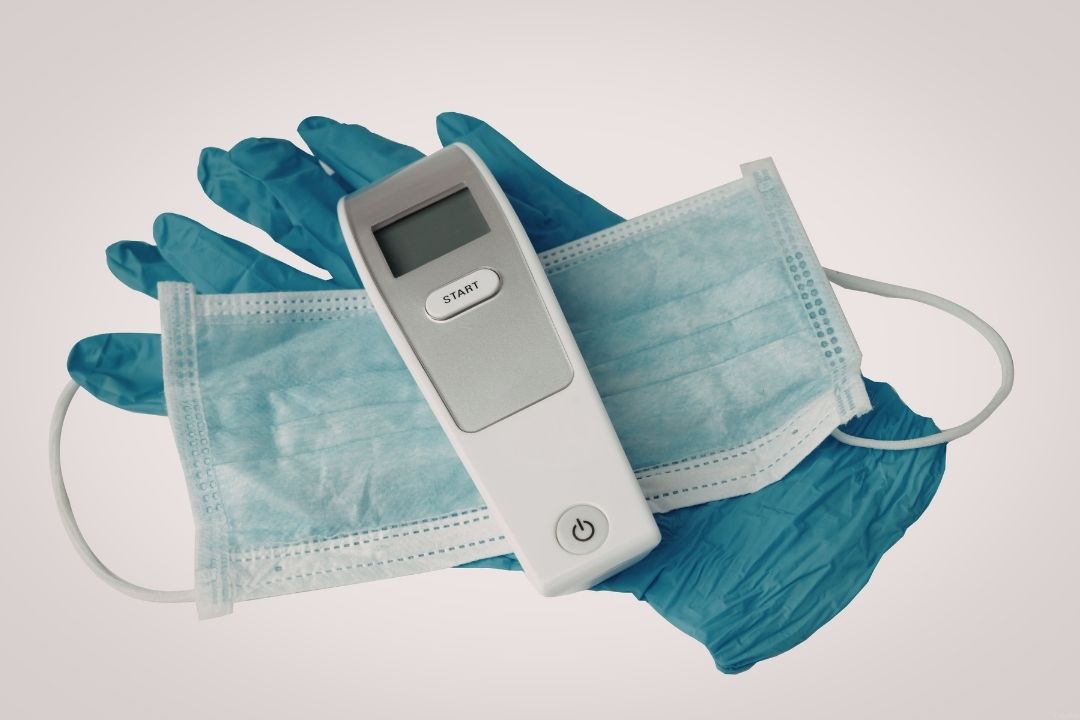
The path to becoming a nurse is a rewarding journey filled with challenges, growth, and opportunities to make a meaningful difference in the lives of others. One of the initial questions aspiring nurses often ask is, "How long is nursing school?" Let's explore the various educational pathways to nursing and the typical timeframes associated with each.
Average length of nursing school by program
A Bachelor of Science in Nursing takes around 4 years on average to complete. There are a number of other paths for aspiring nurses though. Below, we’ll explore some of the most common educational paths for nurses and how long you can expect each to take on average.
1. Licensed Practical Nurse (LPN) Program
How long does it take? 12-18 months on average
Licensed Practical Nurses, also known as Licensed Vocational Nurses (LVNs) in some states, play a vital role in healthcare delivery, providing basic nursing care under the supervision of registered nurses and physicians. LPN programs typically take about 12 to 18 months to complete. These programs are offered at vocational schools, community colleges, and some hospitals.
2. Associate Degree in Nursing (ADN) Program
How long does it take? 2-3 years on average
An Associate Degree in Nursing (ADN) program is a popular option for individuals looking to become registered nurses (RNs) without committing to a four-year bachelor's degree. ADN programs typically take around two to three years to complete, depending on factors such as program structure, curriculum requirements, and whether the student is attending full-time or part-time.
3. Bachelor of Science in Nursing (BSN) Program
How long does it take? 4 years on average
A Bachelor of Science in Nursing (BSN) program is a four-year undergraduate degree program offered at colleges and universities. BSN programs provide a comprehensive education in nursing practice, leadership, research, and critical thinking skills. Some accelerated BSN programs are available for individuals who already hold a bachelor's degree in another field, which can typically be completed in 12 to 18 months.
4. RN to BSN Completion Programs
How long does it take? 1-2 years on average
For registered nurses who have earned an ADN or diploma in nursing, pursuing a Bachelor of Science in Nursing (BSN) through an RN to BSN completion program is a common pathway to advance their education and career opportunities. These programs are designed specifically for working RNs and can typically be completed in one to two years of full-time study or longer if attending part-time.
5. Master of Science in Nursing (MSN) Programs
How long does it take? 2-3 years on average (beyond the BSN degree)
For nurses interested in advanced practice roles, leadership positions, or specialized areas of nursing, pursuing a Master of Science in Nursing (MSN) degree is often necessary. MSN programs typically require an additional two to three years of full-time study beyond the BSN degree. Specializations within MSN programs may include nurse practitioner, nurse educator, nurse administrator, or nurse informaticist, among others.
6. Doctor of Nursing Practice (DNP) Programs
How long does it take? 3-4 years on average (beyond the BSN degree)
The Doctor of Nursing Practice (DNP) is the terminal degree for advanced practice nurses and emphasizes leadership, evidence-based practice, and advanced clinical skills. DNP programs typically require three to four years of full-time study beyond the BSN degree or one to two years beyond the MSN degree.
Ready to embark on your nursing journey?
The duration of nursing school varies depending on the educational pathway chosen and individual circumstances. Whether pursuing a diploma, associate degree, bachelor's degree, or advanced practice degree, each educational program is designed to prepare nurses to deliver safe, competent, and compassionate care to patients across the lifespan and in various healthcare settings. Ultimately, the length of nursing school is just the beginning of a lifelong journey of learning and professional growth in the dynamic and rewarding field of nursing.





